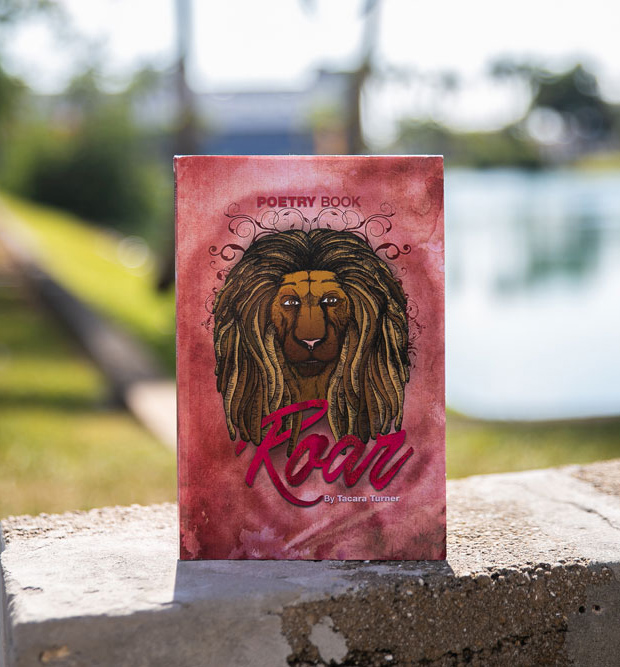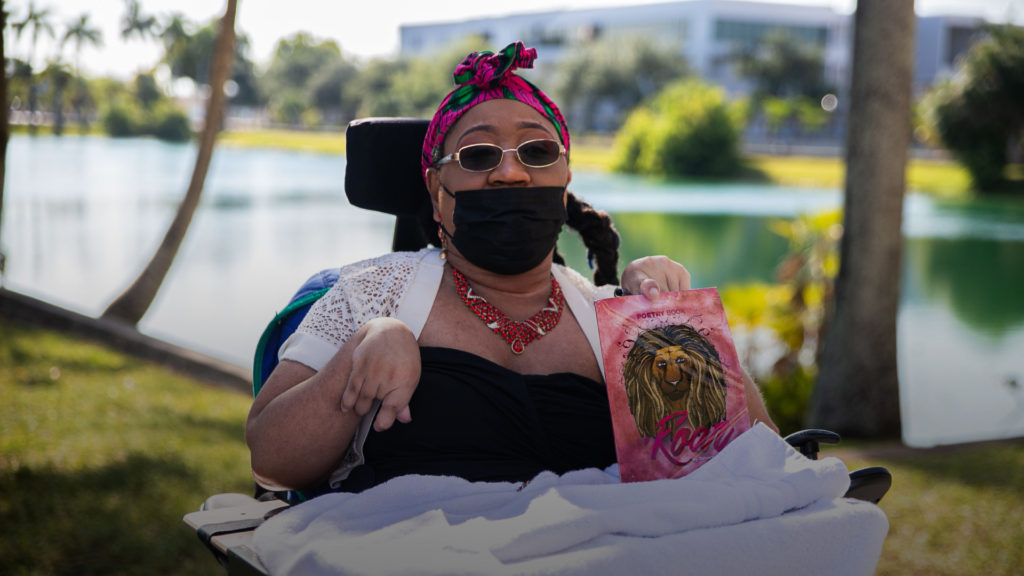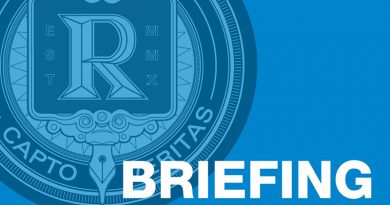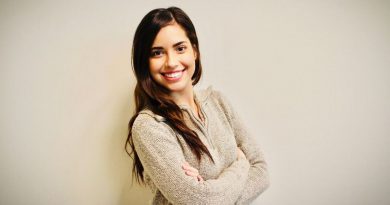North Campus Alumna With Cerebral Palsy Hopes To Inspire Others With Poetry Book
Forty-three-year-old Tacara Turner has not let life’s obstacles get in her way. Not even cerebral palsy—a disorder that affects her movement and motor skills, locks her muscles and joints and makes it difficult for her to speak.
“She’s a very strong person [and] a really hard worker on anything that she puts her mind to,” said Bridgette Turner, Tacara’s younger sister. “I don’t think that she’s ever let her disability define who she is.”
Those who know Tacara say what defines her is perseverance and a positive attitude. All attributes that were instrumental in her most recent success.
On May 13, Tacara—who earned an associate’s degree in journalism from North Campus in 2012—published her debut poetry book, Roar. It chronicles the struggles of living with cerebral palsy, her spirituality and journey to self-love. The book is available on Dorrance Publishing Company’s bookstore, Amazon, Barnes & Noble and Google Books.
“This book means the world to me because I worked so hard to get it out,” Tacara said. “What I want [readers] to take away from [it] is that people with disabilities can be a part of society and can have normal lives and careers.”

The idea for the 148-page book was born after many of Tacara’s friends praised her poetry, a skill she started nurturing in middle school. That is when writing became an alternate way to communicate her feelings and ideas.
Tacara concentrated on creating content for Roar in 2018 and 2019. Her writing days typically started at noon and finished three or four hours later.
“Writing was the good part for me,” Tacara said. “I was able to [explore] my emotions.”
But publishing Roar didn’t come without its challenges.
Tacara struggled to find someone to edit the book’s final copy for grammar and consistency. She also had a hard time finding someone to create cover art until California artist Carlos Ruiz came up with the fearless lion concept that was made in her likeness.
But her biggest obstacle was finding a publishing company.
“Most companies tried to change [my] ideas,” Tacara said. “Sometimes they didn’t even want to accept those ideas.”
Eventually, she committed to hybrid publishing—an arrangement between the author and publisher to share service costs—with Dorrance Publishing Company. The arrangement allowed Tacara to keep full control of the content in the book.
Inspiration for Tacara’s poems came from her daily struggles with cerebral palsy.
Tacara was still a baby when her symptoms started manifesting themselves. The first signs popped up when her parents noticed she couldn’t crawl—instead, she would use her arms to push herself across the floor.
“The doctors told us that she wouldn’t have more than a third grade education,” said Michael Turner, Tacara’s father. “It was devastating at the time and we were kind of upset, but I knew that God always had the last say and he would determine how far along she would go.”
Visits to the doctor and physical therapy sessions became regular events in Tacara’s life. Before starting elementary school, she underwent hip surgery to lengthen her muscles so they could relax and make stretching more feasible.
After the procedure, Tacara was in a body cast that covered her torso and both legs. But the surgery did not stunt her persistence.
When Tacara was in first grade, she wanted to be more self-sufficient so she asked her father for an electric wheelchair. He soon discovered that his insurance only covered the cost of a regular wheelchair, which was $1,900. An electric wheelchair was about $5,000 at the time.
Michael told his coworkers about the situation. The next day, they greeted him with good news: there was a family willing to cover the extra costs of the wheelchair.
It took Tacara some time to adjust to the electric wheelchair—Michael recalls Tacara accidentally running over her teacher’s foot because the velocity settings were too high. But once she adjusted, there was no stopping her.
“I realized [when she was] a very young age that’s the way she wanted to be,” Michael said. “She didn’t want to be held back by waiting on somebody to do things for her.”
And just like everything else in her life—Tacara defied the expectations the educational system set for her.
When her teachers tried to place her in special needs classes, she functioned well above those requirements and was placed back in her original classes. After graduating from American Senior High School in 1996, Tacara joined an adult day training program in downtown Miami called United Cerebral Palsy—it offers structured activities, social interaction and skill-building opportunities for people with disabilities—before deciding to attend college.
She enrolled at MDC in 2007. She attributes part of her success to the note takers provided by North Campus’ ACCESS Department, which offers services that help students with disabilities succeed at college.
It was through ACCESS that she met her best friend Waleska Medina, who also has cerebral palsy. They were part of a group of friends that often met in the breezeway of the 6000 building at North Campus to support each other.
After graduating from MDC in 2012, Tacara transferred to Florida International University and earned a bachelor’s degree in liberal arts in 2016.
“Tacara’s a very smart person,” Medina said. “She’s very, very outgoing. And when she wants something, she knows how to get it. She’s not a person who easily gives up.”
Tacara currently lives in a group home in Miami Gardens and attends physical therapy sessions twice a week that help her with her mobility.
She’s currently working on a free verse poetry novel and eventually wants to become a motivational speaker.
“[Tacara] has never let [cerebral palsy] bring her down, that is what I like most about [her],” Michael said. “People from my church tell me they see her all over town with her best friend… I always tell them: ‘Nobody holds them down, they go around.’ I’m proud of her.”
Waleska Medina assisted The Reporter with the interview of Tacara Turner that was used in this story.



